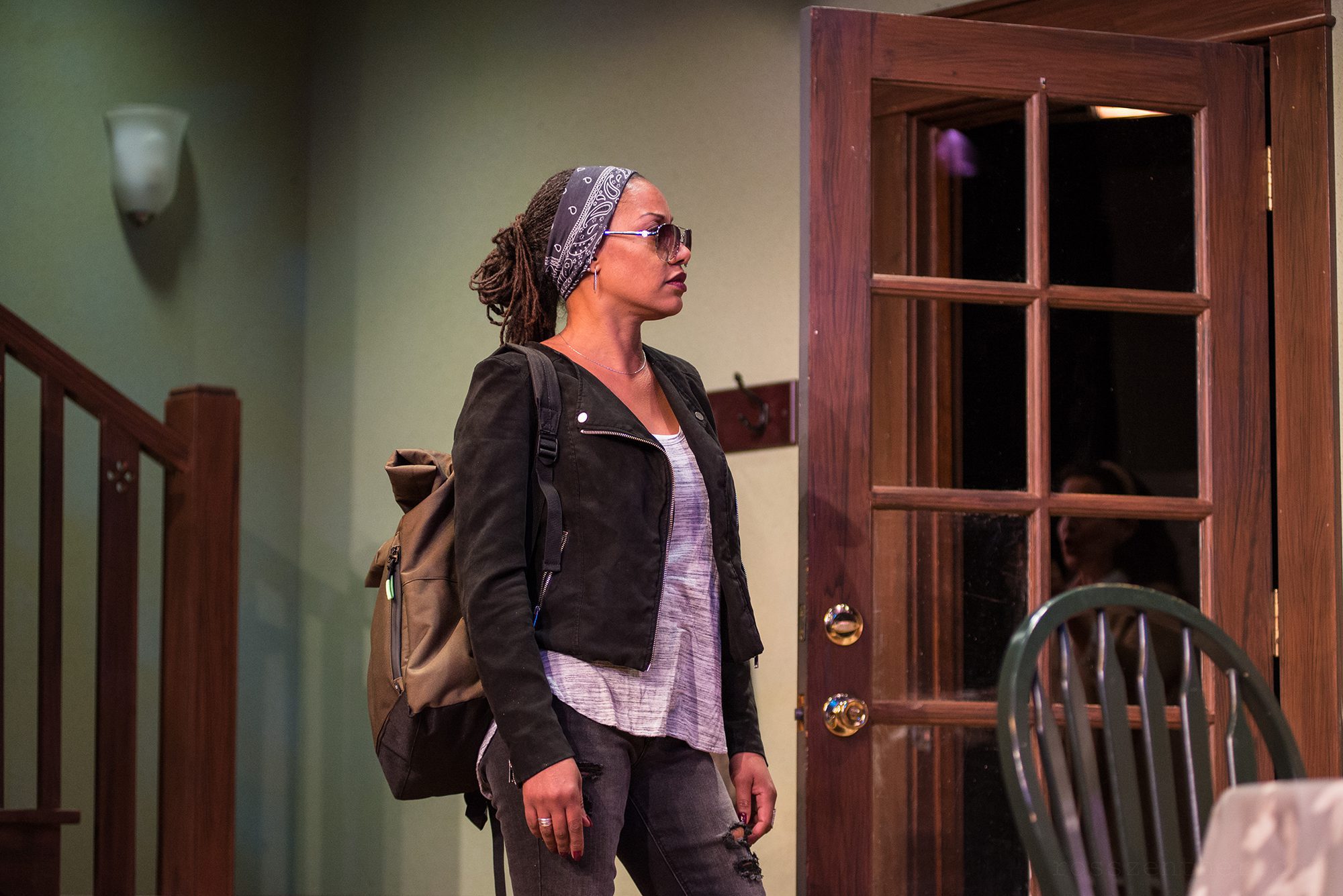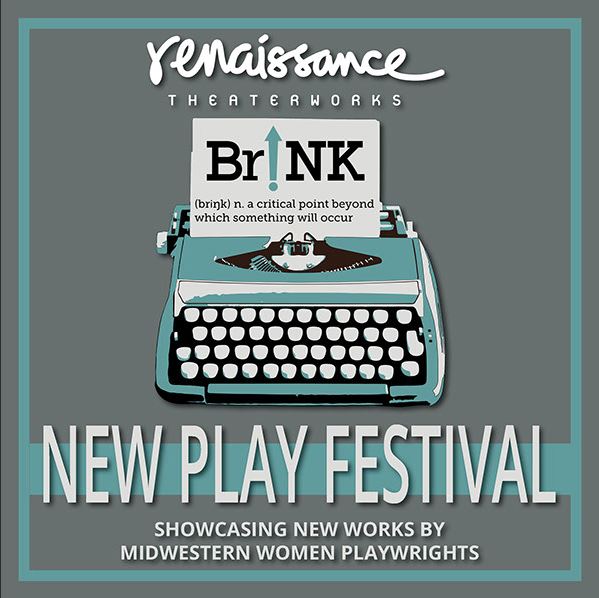Gender Parity in the Arts
Empowering Women in Theater
At the inception of Renaissance Theaterworks in 1993, BACKSTAGE Magazine noted that women comprised 70-80% of theater ticket buying audience in the U.S.; however, only 17% of plays produced were written by women, 11% were directed by women, and most importantly only 6% of U.S. professional theaters were run by women.
At that time Milwaukee mirrored the rest of the country:
- No female producers
- Less than 5% of plays produced were written by women
- Less than 10% of plays produced were directed by women
- Less than 35% of 200+ acting roles were filled by women
To date, Renaissance Theaterworks has been a leader in the global movement toward gender parity, having produced over 100 full productions and staged-readings. Among these are 9 original works by Wisconsin playwrights, 7 world premieres, and one North American premiere, providing opportunities to over 700 theater professionals, 75% of whom have been women.
Through our example and by empowering women theater artists to reach their full potential, we challenge biases about the plays we write and the stories we tell.

If life worked like the theater, four out of five things you had ever heard would have been said by men.
Pulitzer Prize-Winning playwright Marsha Norman at the Dramatists Guild National Conference July 17, 2015
Quantifying
Gender & Racial Disparity
Across the country, women are underrepresented as actors, directors, producers, designers, playwrights, and more.
At the 2015 Dramatists Guild National Conference the results of the Guild’s three-year study, The Count, quantifying gender and racial disparity in American theater, revealed that only 22% of plays produced in the U.S. were written by women.
The Count asked the question, “Who is being produced in American Theater?” And the answer, while not surprising, is disheartening to anyone with an interest in basic fairness.
The Count found that out of 2605 plays produced between 2011-2015:
- 62% were written by white men;
- 12% were written by people of color;
- Only 3% were written by women of color.
The most important variable to being produced is to be male: 82% of white writers are men and 63% of writers of color also male.
Half of life. We miss half of life. Women live half of the stories in the world but only 20% of them are told.
The absence of Women’s Stories has a profound economic impact on women, too. A lack of plays by and about women results in a chronic lack of employment opportunities for women in all areas of professional theatre — directing, acting, designing and management. U.S. Department of Labor statistics reveal that women account for less that 25% of theater professionals.
Performing Arts
Unconscious bias
What The Count and other studies like it show is the presence of bias, unconscious or otherwise, in our society. Bias is a natural response to living in a society — it can be about gender, race, class, education, disability, etc. We all have biases against what is different to our social norms. Often times we don’t realize it’s creeping into our minds, coloring everything we see.
We need the arts to represent life, as it exists in the world. Therefore we need to address unconscious bias in the performing arts. At Renaissance Theaterworks, we want to assure that the voices of women are being heard throughout our country. At Renaissance Theaterworks we are taking the lead.
If you want to dig deeper: Harvard University, the University of Washington and the University of Virginia teamed up to create a series of online tests that measure unconscious bias. Visit Project Implicit to test your unconscious bias and identify areas of your perception that need attention. The site has tests that measure bias against age, race, gender, religion, and even weapons.


Be a Change Agent
Support Works By Women
- Buy a ticket to a woman's play and send a follow-up note to the theater telling them you'd like to see more work by women playwrights and/or about women.
- Write to the National Endowment for the Arts and ask for more support for women artists.
- Tell the Dramatists Guild you want to see a strong Women's Initiative.
- Volunteer for a woman's organization or theater.
- Support the work of women onstage and off with your dollars, advocacy, and patronage.
- Support Renaissance Theaterworks.

